
Ingredient
Processing aids
Unveiling the Hidden Helpers: The Role of Processing Aids in Culinary Creations
Processing aids are substances used during food production to improve the manufacturing process or the final product. They are typically added in small quantities and are not intended to have any direct nutritional or sensory impact on the food. These aids can include enzymes, emulsifiers, stabilizers, anti-caking agents, and more. By assisting in tasks such as emulsification, preservation, or texture enhancement, processing aids contribute to the creation of consistent and high-quality food products.
Origins and history
The use of processing aids can be traced back to ancient times when natural substances like salt, vinegar, and spices were employed to preserve food. Over the years, advancements in food science and technology have led to the development of a wide range of processing aids, both natural and synthetic, to meet the demands of modern food production.
Nutritional information
Processing aids do not provide any significant nutritional value as they are primarily used to improve food processing rather than enhance nutritional content.
Allergens
Processing aids can vary widely in composition, so it is important to carefully read labels and consult with manufacturers to identify any potential allergens associated with specific processing aids.
How to select
When selecting food products, it is important to be aware of the processing aids used. Look for products that clearly label the use of processing aids and choose those that align with your dietary preferences and restrictions. Additionally, consider opting for products that use natural processing aids over synthetic ones.
Storage recommendations
Since processing aids are usually added during the manufacturing process and not used as standalone ingredients, there are no specific storage recommendations for them.
How to produce
As processing aids are typically specialized substances used in large-scale food production, it is not feasible for amateurs to produce them at home.
Preparation tips
As processing aids are not used directly in home cooking, there are no specific preparation instructions or tips for their use.
Culinary uses
Processing aids are not used directly in culinary applications but are crucial in the manufacturing process of various food products, ensuring consistency, stability, and quality.
Availability
Processing aids are widely available to food manufacturers and can be sourced from specialized suppliers or manufacturers of food ingredients.
More ingredients from this category
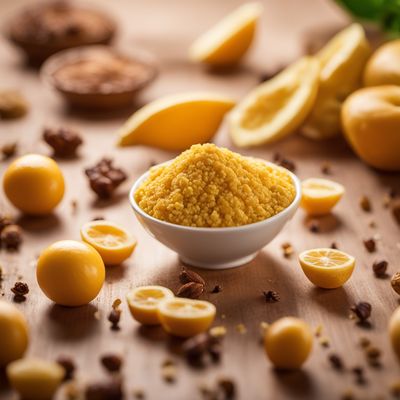
Food flavourings
The Essence of Flavor: Food Flavourings
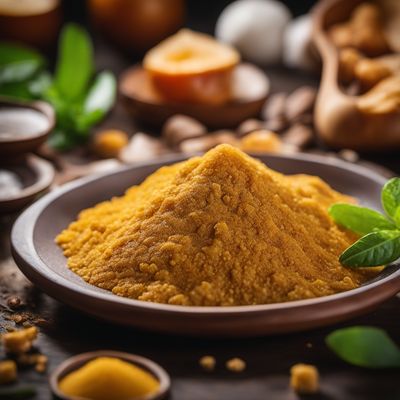
Food additives other than flavours, colours and artificial sweeteners
The Hidden World of Food Additives
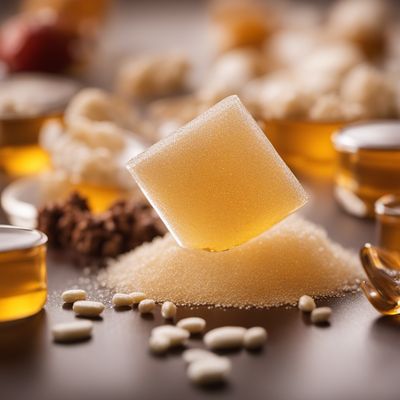
Artificial sweeteners (e.g., aspartam, saccharine)
The Sweet Side of Science: Unveiling the World of Artificial Sweeteners
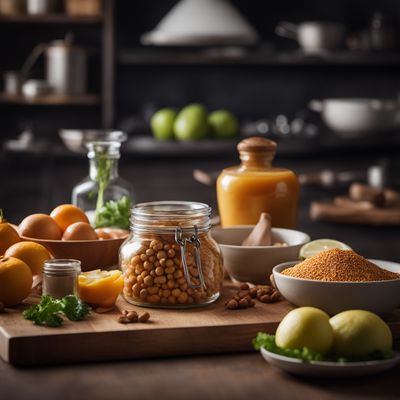
Home-preparation aids
The Versatile Helpers in Your Kitchen
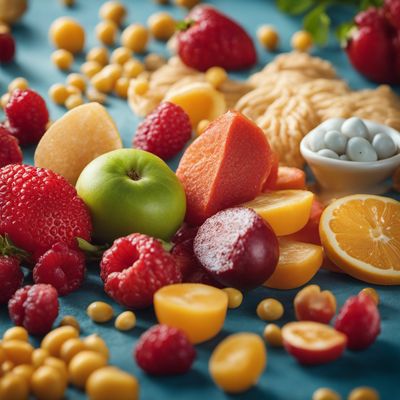
Food colours
The Art of Vibrant Hues